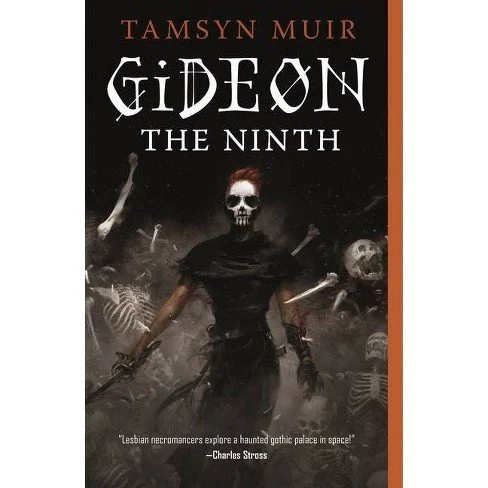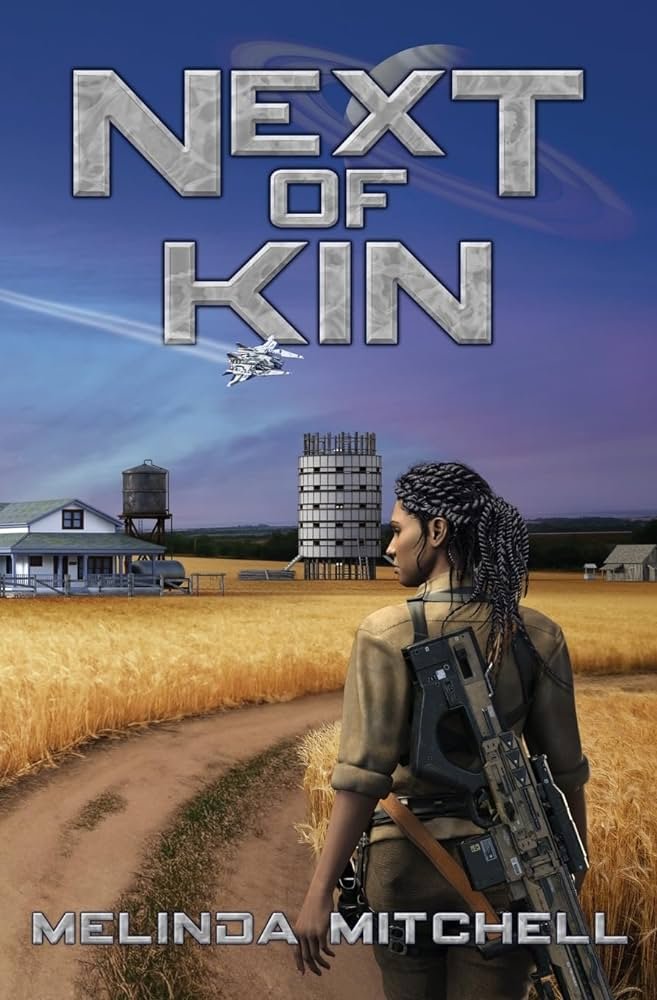One of my most promising students, Shawn Stewart (keep an eye out for this talented aspiring writer!) recommended We’ll Fly Away by Bryan Bliss as a possible text for my creative writing classes. He correctly pointed to the use of a mixture of letters from one character and toggling back and forth between 3rd person limited points of view, something Bliss employs deftly, as a feature authors can learn from this book. But our larger conversation was about the quantity of hope we like in our books. We’ll Fly Away is a tragedy in the best way; it provides us with endearing but flawed characters who we know will not succeed, and it makes us desperately want them to succeed throughout. I felt too tense as I devoured this book in mere hours. I am very open with my students about the fact that I am not a fast reader, but this book made me one, not because it was written in that pulse-pounding, low-lexical-level prose appropriate for thrillers, but because, despite its rich, beautiful prose, I needed to know when and how the impending doom would befall the characters. A bit of writing advice commonly misattributed to Vladimir Nabokov is, “The writer’s job is to get the main character up a tree, and then, once they are up there, to throw rocks at them.” (It seems the first framing of this advice came in a review of a play in the Bridgeport Herald of Bridgeport, Connecticut, in 1897, two years before Nabakov was born: “The best advice ever given writers of farce is in these words: ‘In the first act get your principal character up a tree; in the second act, throw stones at him; in the third, get him down gracefully.’” Thanks, quoteinvestigator.com!) Bliss follows the most brutal version of this advice, giving us Luke and Toby as protagonists who are trapped in multiple ways: by poverty, by abusive or neglectful parents, by a system that has failed them over and over, and shares their dreams of escape as children who find a broken down airplane in the woods, teenagers looking for escape through sports, violence, romance, sex, alcohol, first loves, and often the pure and desperate desire to simply jump in a car and get as far away from their lives as possible. All the right things bring them back: love of family, girlfriends, responsibility, honor, and bravery, and we’re left screaming internally, “None of those things are worth your lives! Go! Go!”
Ultimately, I think I need a little more hope in my literature than We’ll Fly Away provides, but I’m very glad I read it to help me find that line previously held by Cormac McCarthy’s Blood Meridian. Not to spoil the ending, but I think We’ll Fly Away provides a quantity of hope just between McCarthy’s The Road and Blood Meridian (despite being unlike both those books in almost every way), and I’m not sure I have the constitution for anything more hopeless than The Road. But maybe I can find the same hope in We’ll Fly Away that I grasp for when reading Orwell’s 1984: This is a world we must not make! Unfortunately, We’ll Fly Away is a world that’s all too real for so many people, so many of the students I see come into my classroom each day, imprisoned in more ways than I can imagine. But I can hope for them, and We’ll Fly Away demands the reader close the back cover and get to work making a world that’s better than Luke and Toby’s.











